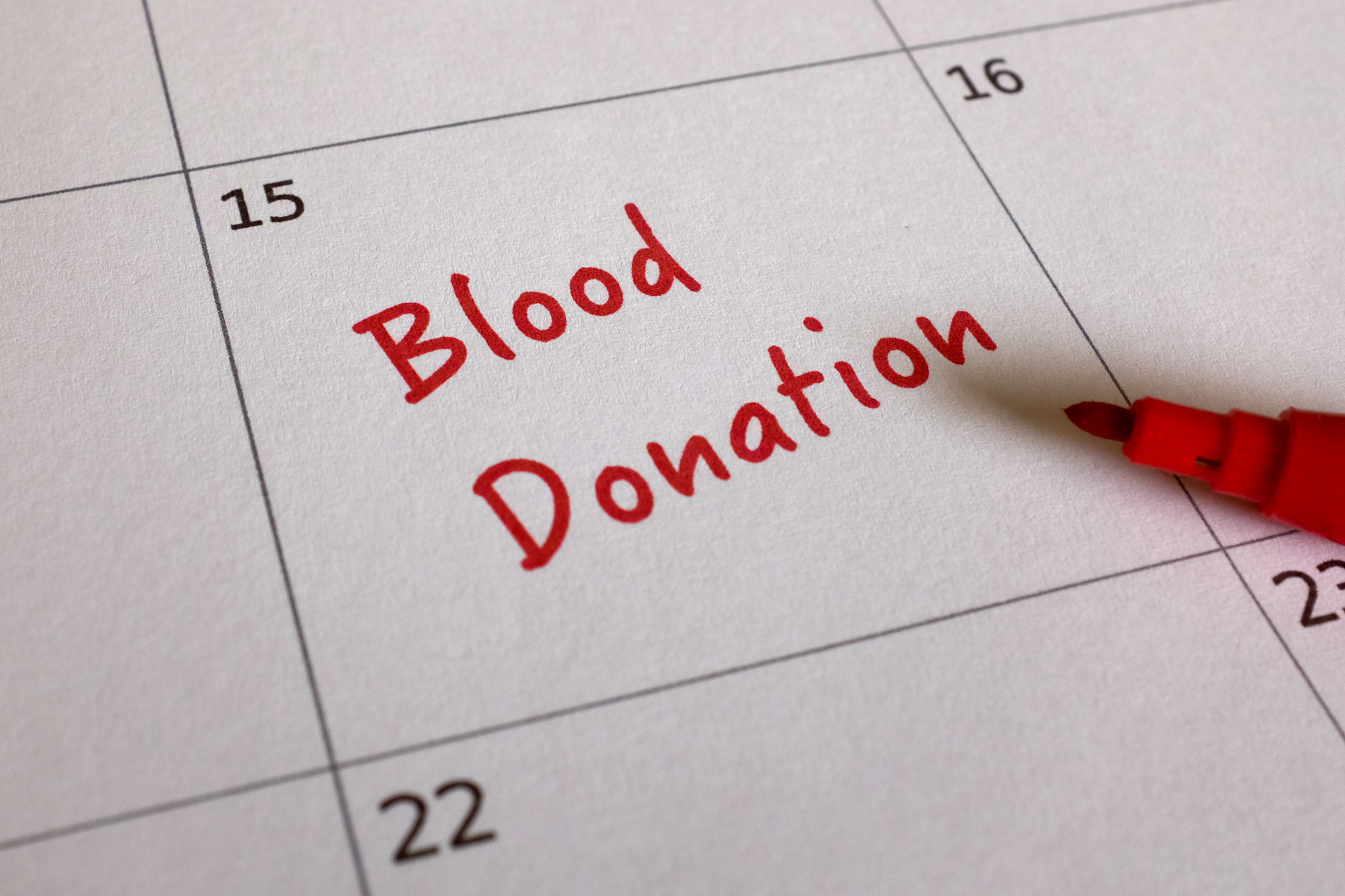“In examining disease, we gain wisdom about anatomy and physiology and biology. In examining the person with disease, we gain wisdom about life.”
― Oliver Sacks
Hallucinations are a window into the mind. They illustrate the complexity of the human mind and the pathways that can lead us astray. Art has explored the idea of madness over the centuries, translating paranoia into tragedies, delusions into dramas. It is only in the 20th century that hallucinations have been described as a sign of illness. In the past, hearing voices used to be linked with saintliness and spiritual enlightenment: a path towards God. Hallucinations are also heavy with cultural meanings: we can look back at Moses and the burning bush or Buddha beneath the Bo tree. Different cultures prescribe meaning to different senses: Protestants emphasise hearing while Catholics emphasise vision. Perhaps most interestingly, West Africans partake in kinesthesis; Westerners distrust unusual sensory experiences and label them as pathological.
The term auditory verbal hallucination refers to hearing a voice in the absence of an external stimulus. Auditory hallucinations are more common within the general population than many of us may think, especially in times of stress: up to 70% of people have been found to hear the voice of their dead relative during bereavement. Most of the people who report auditory hallucinations within population studies do not report any distress or impairment; they are able to live happily alongside these voices within their heads. Some people find that their voices can give them guidance through difficult times, while others see them as a companion or a best friend. After all, we do not consider it abnormal for a child to report that they have an imaginary friend. This relationship between the person and their voice is incredibly complex – as complex as any other relationship we may encounter, and we must tread softly when we deal with such intimacy.
Hearing Voices as a Disease
Hearing voices is not the same as having a sore throat. Hearing a voice can have a deep significant meaning to the person in a way that a sore throat cannot. So what makes the voice pathological?
Western Society sees hallucinations as pathognomonic of a serious mental health disorder. Serious psychotic disorders are however recognized across all cultures with a similar pattern of symptoms. Hallucinations that are linked with serious psychotic disorders are described as ‘pathoplastic’ – that is, they are shaped by local meanings. Behind the response to voices is the attitude of society. The society we grow up in has a lot to say about the meaning of these voices: Mexican-American relatives are more likely to display tolerance and sympathy for a relative hearing voices compared to Euro-American families, who are more likely to display criticism and hostility. If you grow up in a society where you are taught that hearing voices is wrong, this will affect your relationship with them. Imagine if you were a child hearing voices, and you turned to your parents to support and found they were even more afraid of the voices than you. Would you see your voices as an enemy, or a friend?
People experience the mind and its underlying symptoms differently depending on where they grow up. Prof Luhrmann found that US patients self-identify as schizophrenic, using the diagnosis to describe their condition through textbook definitions. They accept the medical diagnosis and are even able to recite the medical criteria – for them, the meaning of the voice is “to be crazy.” In general, the American sample did not treat their voices as a person and many of their voices were filled with violence. On the other hand, in Accra people described voices as a spiritual attack. Half of patients reported hearing only positive voices. Even when hearing negative voices, individuals also described good voices telling them to ignore these negative influences. Some people in Accra even said these voices kept them alive. In India, hearing voices is viewed differently yet again. Many of the doctors don’t mention a diagnosis and families don’t ask. None of the patient’s believed they had a devastating illness, and thus compared to the West, most of them expected to get better. Does this suggest that people suffering from hallucinations in the developed world have a better quality of life?
It has been suggested that within the Euro-American culture, an individual who is unable to distinguish between reality and imagination is labelled as pathological, while in many non-Western societies such rigidities do not exist. But this labelling goes beyond cultures; it transcends time. Mitchell and Vierkan compared hallucinations in an East Texas hospital both in the 1930s and then in the 1980s. They found that command hallucinations of the 1930s were found to be more religious, such as “lean on the Lord,” while those of the 1980s were more destructive, such as “kill yourself.” Perhaps such changes reflect the hostile environment we have created for our patients, and thus leads onto the questions: are we treating our patients with a dignified and open manner? Do we treat them as fellow individuals?
If you do not envision schizophrenia as a life sentence, you increase the chance that patients will be able to discover their own resilience.
– Prof Luhrmannn
Hearing Voices as a part of Life
In 1987 psychiatrist Marius Romme appeared on Dutch television with his patient Patsy Hague, a voice hearer, to publicise his new approach to voice hearing – that attributing meaning to one’s voices changed the way one responded to them. Four hundred and fifty people responded to this television appearance, reporting that they heard voices. More than half of the people who responded had never sought professional help: they lived happily with their voices. From this stemmed the world’s first Hearing Voices Congress held in Holland that year, and from this then grew the Hearing Voices Movement.
The Hearing Voices Movement states that hearing voices is part of human variation. It rejects the pathologising of auditory hallucinations and emphasizes empowerment of the individual. The Movement combats the stereotype of the “all-powerful psychiatrist” by giving more control to the voice-hearer and viewing the hallucinations not as a disease but as a key part of their identity. Eleanor Longden, a lady diagnosed with Schizophrenia is one example of how such a movement can have a significant impact on a person’s life. Below she describes how her meeting with the psychiatrist, Pat Bracken, became a turning point:
“[he] didn’t use this terrible, mechanistic, clinical language but just couched everything in normal language and normal experience”
Her story illustrates the road from “schizophrenic” to “voice-hearer” – from the clinical language of disease to the everyday language of emotions and experience. The stories of those diagnosed with schizophrenia can often be seen as disordered and incoherent, lacking any meaning. They are seen as having a defect. They are not entitled to a story. Hearing Voices Groups across the UK give people the opportunity to come together and share such stories in an open and trusting environment. The narrative contexts are the foundation blocks upon which these voices grow. It has been suggested that the inability to share stories about the self is part of the origins of psychopathology. We as healthcare professionals need to emphasize the point that hearing voices does not always lead to a life-long sentence of medication and institutionalization, as described eloquently by Eleanor Longden below:
If someone is reporting that they do not want their voices to stop then we must not automatically jump to the conclusion of poor insight. When the voices are distressing it is important to develop coping strategies that address this distress rather than the symptoms themselves. The problem is not the voice but the relationship one has with them. The goal of the Hearing Voices Network is for people to learn how to deal with their voices as one would deal with annoying roommates: with respect.
It has been argued that in Western medicine, doctors focus too much on a person hearing voices and not on what they say. Thus, anti-psychotics are seen as the answer with the devastating side effects described as a sacrifice for bringing someone back to the ‘norm.’ In order to understand the voices heard by our patients, we must first improve our knowledge of the cultural and social environments in which our patients reside and the practices and beliefs that our patients hold dear. If a clinician cannot take into account the cultural context of his or her patient, they cannot respond appropriately to their distress. And if a clinician is unable to respond appropriately to their patient’s distress, how can they ever hope to alleviate it?
“People with thought disorders do not keep a list of famous and successful people who share their problem. They can’t, because there is no such list. Comparatively few schizophrenics lead happy and productive lives; those who do aren’t in any hurry to tell the world about themselves.”
– Elyn Saks
References
1. Woods, A. et al. Interdisciplinary Approaches to the Phenomenology of Auditory Verbal Hallucinations. Schizophrenia Bulletin. 40:S246-S254
2. Laroi, F. et al. Culture and Hallucinations: Overview and Future Directions.Schizophrenia Bulletin. 40:S213-S220
3. Luhrmann, T.M. 2011. Hallucinations and Sensory Ovverides. Annual Review of Anthropology. 40:71-85
4. Woods, A. 2013. The voice-hearer. Journal of Mental Health. 22:263-270
5. Vaughan, S., Fowler, D. 2004. The distress experienced by voice hearers is associated with the perceived relationship between the voice hearer and the voice. British Journal of Clinical Psychology. 43:143-153
6. Ritsher, J.B., Lucksted, A., Otilingam, P.G., Grajales, M. 2004. Hearing Voices: Explanations and Implications. Psychiatric Rehabilitation Journal.27:219-227
Featured image:
Sound Waves: Loud Volume by Tess Watson










